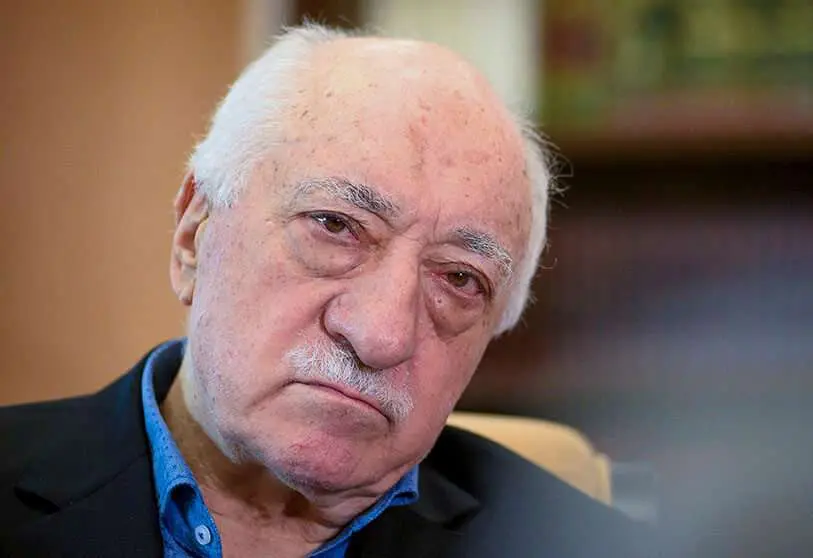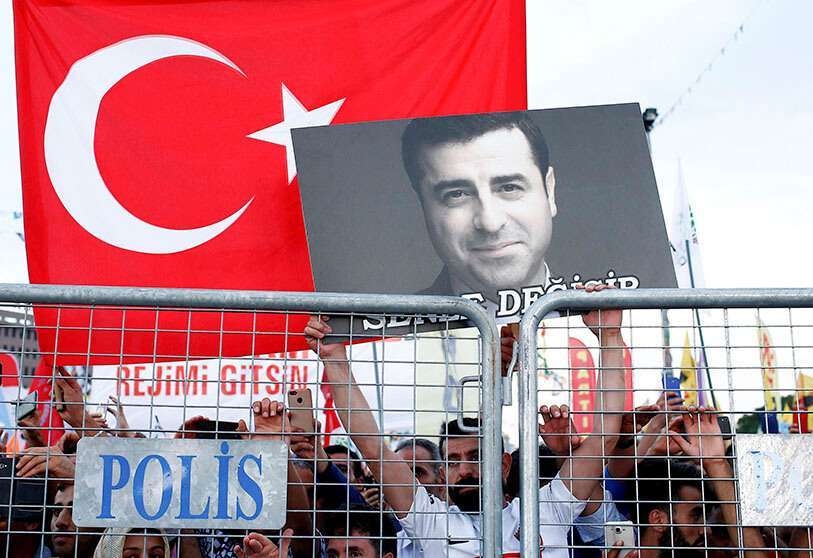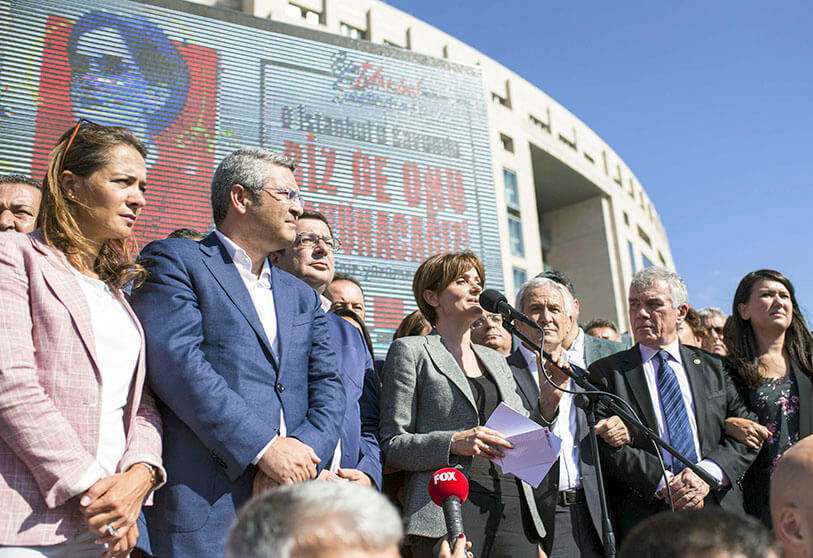Turkey orders the arrest of 238 military personnel

Turkey has issued arrest warrants for 238 people, mostly members of the military and security forces, suspected of having links to the network that, according to the Turkish government, was behind the 2016 coup attempt, according to the state news agency Anadolu.
The repression unleashed after the failed coup in 2016 resulted in the dismissal and arrest of thousands of soldiers, officials, judges, prosecutors and academics accused of having links with the movement led by the preacher Fethullah Gülen, a former ally of Erdogan, the current rival, and who he accused of being the intellectual author of the coup.
The operation, coordinated from Izmir, was launched simultaneously in 60 provinces and in the territory of northern Cyprus under the control of Ankara, where there is a strong presence of the Turkish army.
The operation was part of a four-year campaign against the network of the exiled cleric who has been in the United States for 20 years, Fethullah Gülen. The evidence against the defendants is based on the statements of other alleged supporters of Gülen who were previously arrested.
Gülen, a former close ally of Erdogan and his party, the Islamist AKP, is accused of having created a "parallel state" by infiltrating his supporters into key positions in the administration, justice, army and police.
Anadolu claims that 160 people had been arrested in the last police raids, which were ordered by the prosecutors in Izmir. According to the same source, the suspects were also attacked in Northern Cyprus, where the Turkish army is deployed.
The suspects included 218 serving military personnel, including six colonels, three lieutenant colonels and nine majors.
Since the uprising in July 2016, some 80,000 people have been arrested awaiting trial and some 150,000 civil servants, military personnel and others have been dismissed or suspended. More than 20,000 people have been expelled from the Turkish army because of their alleged links with the "Gülenist" movement, which means that about 120,000 officials were dismissed for this reason and about 50,000 are in prison.
About 95,000 people, mostly civilians, were taken into custody and about 26,000 are still behind bars, either sentenced or awaiting trial, according to figures of the Turkish Ministry of Interior from last July, according to the news agency Efe.

In addition to this operation against the military establishment, the harassment of certain sectors of the opposition, such as the Kurds, by the official regime is added.
Only two days ago, the European Court of Human Rights (ECHR) demanded the release of the pro-Kurdish leader Selahattin Demirtas, former president of the opposition People's Democratic Party (HDP), arguing that the Turkish authorities violated his rights in the trial where he was accused of "propaganda for terrorist organisations".
Demirtas was imprisoned a few months after the failed coup against Erdogan in July 2016, having spent four years in prison and facing a sentence of 142 years.
Demirtas is not the only eminent figure of the HDP who was sentenced, in fact, on Monday of this week it was known that his party colleague Leyla Güven, who is also co-chair of the Congress of Democratic Society (DTK), an organisation that groups civil associations, political parties, women and youth organisations and religious communities in Turkish Kurdistan, was sentenced to 22 years of imprisonment.
She had already been imprisoned before; in 2009, when she was the mayor of Viransehir she was sentenced to five years of imprisonment for alleged relation to the Union of Kurdistan Communities, which is considered a terrorist organisation by Turkey. In 2018, when she was a member of the HDP parliament, she was in custody because of her criticism of a military operation in Rojava, Syrian Kurdistan.

The main opposition party, the People's Republican Party (CHP), led by Canan Kaftancioglu, is also not spared from the repression of the Turkish authorities and even less after the victory of its candidates in the main cities of the country, Ankara and Istanbul, in the local elections of 2019. Losing the city of Istanbul, the economic and social centre of Turkey with a population of 16 million, was the biggest electoral defeat of President Erdogan so far.
On the other hand, the NGO Human Rights Watch has evaluated in its recent World Report 2021 the situation that the Eurasian country is going through, arguing that this complaint is based on the legislation that Turkey has been adopting to silence and persecute more strongly the opposition parties, their political representatives and their supporters.
HRW's 2021 World Report also highlights the deterioration of areas that are essential to the proper democratic development of a country. In this respect, it highlights the interference Erdogan is making in the judicial sector, not only through the purges he has carried out, but also now with the changes in the structures of the independent bar associations, further dynamiting the situation of the rule of law in the country.










